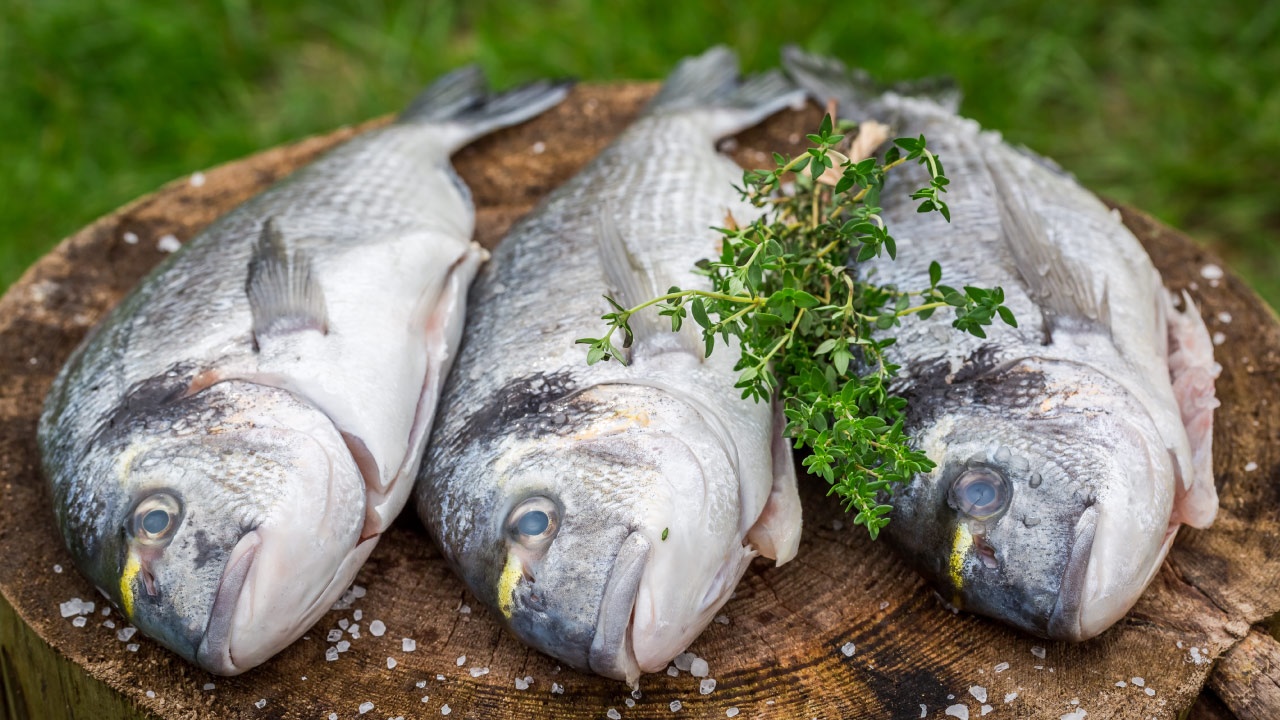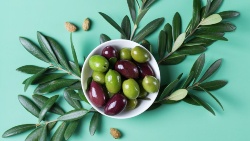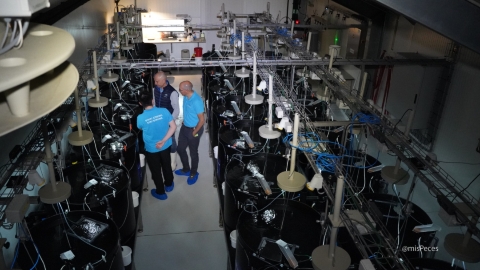
A research team from the University of Thessaly in Greece, in collaboration with AVRAMAR, has demonstrated that polar lipids extracted from olive oil by-products can serve as a sustainable alternative to traditional fish oil in aquafeed, while also offering functional benefits that enhance fillet fish quality and promote consumer health.
The use of these lipids adds significant value to gilthead seabream (Sparus aurata) as a functional food, appealing to health-conscious and environmentally aware consumers. Furthermore, it addresses a pressing issue within the olive oil industry: the management of production waste.
Polar lipids were extracted from the web olive pomace of the Koroneiki variety, sourced from Crete, Greece. The pomace underwent treatment with absolute ethanol to obtain a filtrate rich in polar lipids, followed by a wash with n-hexane to remove neutral lipids. This process not only optimizes resource utilization but also reinforces sustainability within modern aquaculture practices.
Using these lipids, experimental feeds were developed, replacing 33% of the fish oil typically found in conventional seabream diets. A total of 1.400 gilthead seabream were split into two groups under controlled conditions and fed daily until reaching an average final of 494 grams.
Once harvested, the fish were filleted and packed in polystyrene boxes with ice. The fillets were then transported to the lab and storage at 2ºC to replicate commercial storage conditions. This enabled researchers to assess the impact of the enriched diets on the microbiological quality, as well as the sensory and physicochemical properties of the fillets.
The analyses revealed that while the shelf life of the enriched fillets was slightly reduced (7 days compared to 9 days for conventional fillets), the enriched fillets exhibited notable antioxidant properties, reducing lipid oxidation while maintaining acceptable levels of freshness and sensory quality. Importantly, no significant differences were found in microbiological safety, with Pseudomonas indentified as the dominant bacteria in both groups.
The study also highlighted that polar lipids contain platelet-activating factor antagonists, bioactive compounds known for their anti-inflammatory properties and potential to protect against cardiovascular diseases. While these benefits were not directly measured in consumers, the findings suggest a strong potential for positioning this fish as a functional food capable of meeting the demands of health-conscious consumers.
Despite minor challenges, such as the slightly shorter shelf life, this approach places Greece at the forefront of aquaculture innovation. It enables the industry not only reduce production costs but also create products that combine sustainability, functionality, and high quality. This progress marks a significant step towards a future where waste is no longer a problem but an opportunity to reshape how we produce and consume food.



